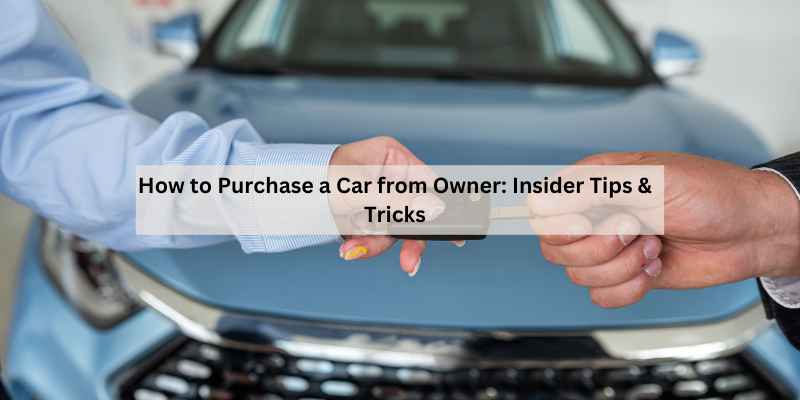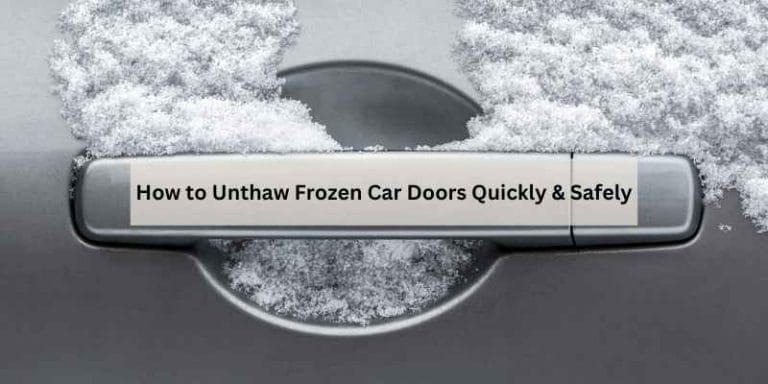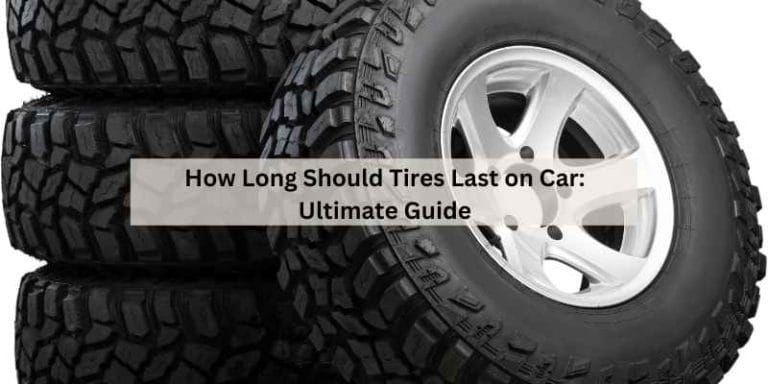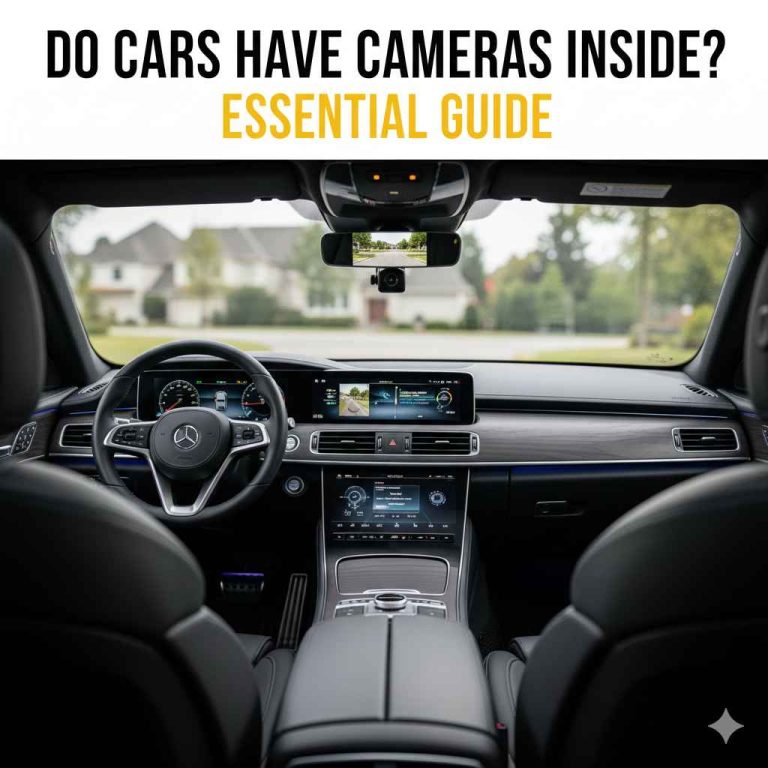How to Purchase a Car from Owner: Insider Tips & Tricks
To purchase a car from an owner, research the vehicle’s value and arrange an inspection. Negotiate the price and finalize the payment and paperwork.
Buying a car from an owner can be a rewarding experience, often leading to better deals than those found at dealerships. This process allows you to negotiate directly, giving you more control over the transaction. Start by researching the make and model to understand its market value.
Inspect the car thoroughly for any potential issues and ask for service records. Communication is key; be clear about your budget and expectations. Once you agree on a price, ensure all necessary paperwork is completed to protect both parties. Following these steps will help you make an informed purchase and drive away happy.
Introduction To Buying A Car From An Owner
Buying a car directly from an owner has many benefits. You can often find lower prices than at dealerships. Many owners are willing to negotiate the price. You also get a chance to ask questions about the car’s history and condition. This helps you make a better decision.
Despite the benefits, some pitfalls may arise. Be careful of cars with hidden problems. Always ask for maintenance records to check how well the car was cared for. Some owners might not be honest about the car’s issues. Make sure to have the car inspected by a trusted mechanic. This can save you from unexpected costs later.
Initial Research And Preparation
Setting a budget is the first step in purchasing a car. Determine how much you can afford. Include costs like taxes and insurance in your budget. This helps avoid financial strain later.
Next, identify the right vehicle for your needs. Consider factors like size, fuel efficiency, and reliability. Research different models to find one that fits your lifestyle. Use online resources for comparison and reviews.
Make a list of features that are important to you. This can help narrow down your options. Knowing what you want will make the search easier.
Where To Find Private Sellers
Finding private sellers is easy with online platforms. Websites like Craigslist and Facebook Marketplace are popular. You can search for cars in your area quickly. Many sellers post ads with clear photos and prices.
Local classifieds and community boards are also great resources. Check your local newspaper for car listings. Many towns have bulletin boards where people post ads. Visit community centers and grocery stores to find these boards.
Joining local groups on social media can help too. People often share car sales and trades there. Make sure to ask questions and verify the seller’s information.
Contacting The Seller
Before meeting the seller, ask important questions. This helps you gather valuable information. Consider asking about the car’s maintenance history. Knowing if the car has had any accidents is crucial. Inquire about the reason for selling the vehicle. This can reveal hidden issues.
Also, ask about the mileage and ownership history. Check if the seller has clear title documents. These documents prove ownership and avoid future problems. Ensure the seller is the actual owner to avoid scams.
Once you gather enough information, arrange a meeting. Choose a safe and public location for the meeting. Bring a friend or family member for safety. This makes the process less stressful and more secure.
Inspecting The Vehicle
Inspecting the vehicle is very important. Start with the exterior. Check for any dents, scratches, or rust. Look at the tires for even wear. Make sure the lights and windows work well.
Open the hood to check the engine. Look for any leaks or corrosion. Check the fluid levels and the battery condition. Listen for any unusual noises when starting the engine.
During a test drive, pay attention to how the car handles. Notice any vibrations or strange sounds. Test the brakes and make sure they work smoothly. Check the accelerator response and how the car turns.
Always ask the owner about the car’s history. Know if it has had any accidents or major repairs. This information can help you make a better decision.
Due Diligence: Documents And History
Verifying ownership is crucial. Always ask for the vehicle title. This document shows who owns the car. Check for any previous owners listed. Look for a bill of sale as well. It confirms the sale between parties.
Service records help understand the car’s history. Request maintenance and repair documents. This can show how well the car was cared for. A well-documented service history is a good sign.
Checking for liens and encumbrances is important. A lien means someone else has a claim on the car. Use online services to check for any existing liens. This protects you from future legal issues.
Ask for the VIN (Vehicle Identification Number). It helps verify the car’s history. A clean history means no accidents or theft reports.
Negotiating The Purchase Price
Start by researching the car’s market value. Use online tools for accurate pricing. Offer a fair price based on your findings. Show the owner that you are informed.
Be ready for counteroffers. The owner may want a higher price. Respond politely and explain your budget. Show that you are interested but firm on your offer.
Consider making a final offer. This should be your best price. If the owner agrees, celebrate your new purchase. If not, thank them and walk away. Sometimes, they may reconsider your offer later.
Closing The Deal
Before finalizing the purchase, gather all necessary paperwork. This includes the title, bill of sale, and registration documents. Ensure the seller has provided these documents.
Next, agree on the payment method. Cash, check, or bank transfer are common options. Always ask for a receipt after making the payment.
To transfer the title, both parties must sign it. Visit your local DMV to complete the registration process. Bring the signed title and other paperwork.
Check if there are any additional fees for registration. Always confirm that the vehicle is free of any liens. This protects your ownership rights.
Post-purchase Considerations
After buying a car, insurance is very important. It protects you from accidents and theft. Choose a policy that fits your needs and budget. Check for discounts that may apply to you.
Regular maintenance keeps your car in good shape. Change the oil and check tire pressure often. A well-maintained car lasts longer and runs better. Keep track of all services and repairs.
Consider using a maintenance schedule. This helps you remember when to do each task. Regular checks can save you money in the long run. Stay safe and enjoy your new ride!
Frequently Asked Questions
How Do I Find Cars For Sale By Owner?
To find cars for sale by owner, start by checking online marketplaces like Craigslist, Facebook Marketplace, and local classifieds. You can also visit community bulletin boards or car enthusiast forums. Networking with friends and family may lead to private sales too.
What Should I Check Before Buying A Car From An Owner?
Before buying, inspect the car’s condition and verify its history. Request maintenance records and a vehicle history report. Take the car for a test drive and check for any unusual sounds. This ensures you make an informed decision and avoid potential issues.
How Can I Negotiate The Price With The Owner?
To negotiate effectively, research the car’s market value beforehand. Point out any flaws or repairs needed during discussions. Be polite but firm in your approach. Offer a reasonable price based on your findings, and be prepared to walk away if the deal doesn’t meet your expectations.
Is A Bill Of Sale Necessary When Buying From An Owner?
Yes, a bill of sale is essential when buying from an owner. It serves as proof of the transaction and outlines the sale details. This document protects both parties and is often required for registration and title transfer at your local DMV.
Conclusion
Purchasing a car from an owner can be a rewarding experience. It often leads to better deals and unique finds. Always conduct thorough research and inspect the vehicle carefully. Trust your instincts and negotiate wisely. Following these steps ensures a smooth transaction and helps you drive away with confidence in your new car.







